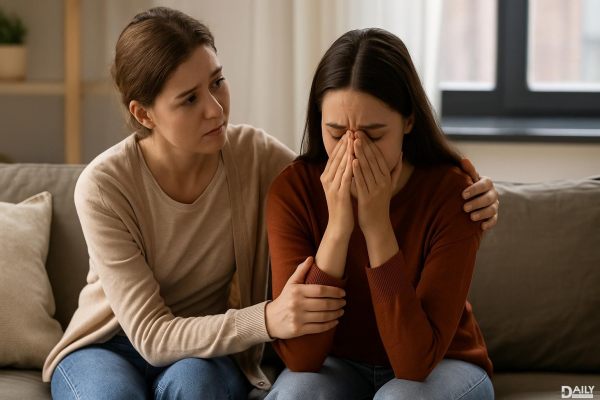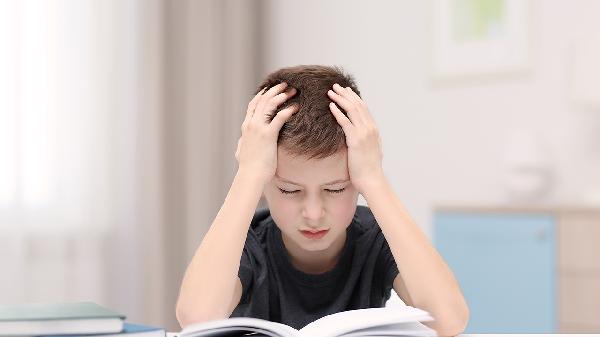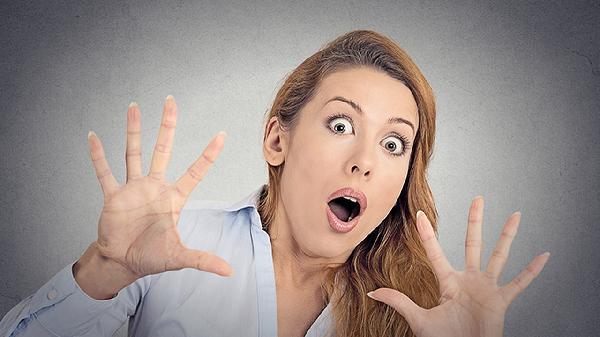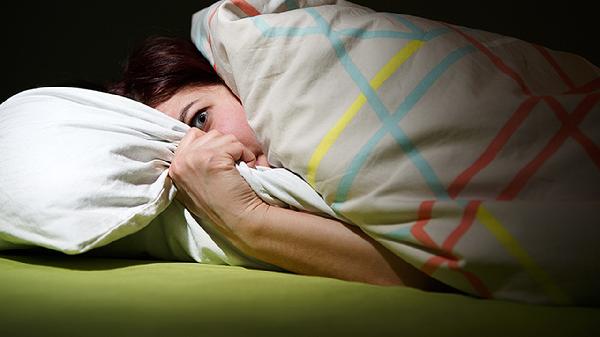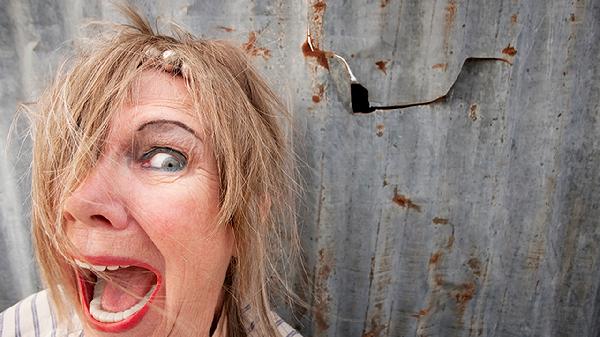Depression rates in the U.S. are skyrocketing, and while mental health experts point to a mix of factors—genetics, trauma, economic stress—there’s a growing conversation about whether American culture itself is fueling the crisis. From relentless hustle culture to social media burnout, the way we live might be setting us up for emotional burnout. And the numbers don’t lie—some states are seeing depression rates that are downright alarming.
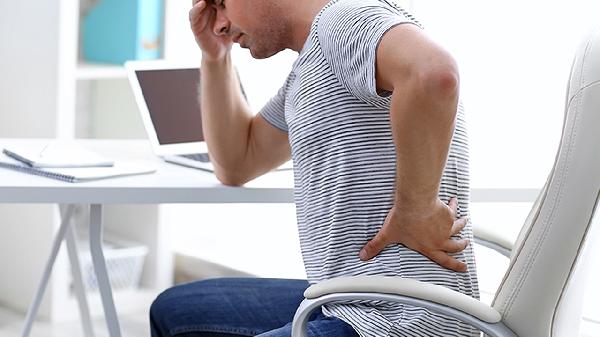
The States Hit Hardest
Recent data shows that states like West Virginia, Kentucky, and Tennessee have some of the highest depression rates in the country. But it’s not just rural areas feeling the strain—even bustling states like California and New York report rising numbers. The common thread? A mix of isolation, economic instability, and a culture that glorifies "grinding" at the expense of mental well-being.
The Hustle Culture Hangover
America loves a success story, but the obsession with productivity has a dark side. The pressure to always be "on," whether at work or online, leaves little room for rest. And when people do slow down, they’re often hit with guilt—like taking a break is somehow failing. This toxic grind mentality is leaving millions exhausted, anxious, and, yes, depressed.
Social Media: The Double-Edged Sword
Sure, Instagram and TikTok keep us connected, but they also feed the comparison trap. Scrolling through highlight reels of other people’s lives can make anyone feel inadequate. And let’s be real—doomscrolling through bad news isn’t helping either. Studies show that heavy social media use is linked to higher rates of depression, especially among young adults.
What’s the Fix?
Changing culture isn’t easy, but small shifts can make a difference. Normalizing mental health days, setting boundaries with work, and cutting back on screen time are good starting points. Some states are even investing in better mental health resources—because therapy shouldn’t be a luxury.
At the end of the day, depression isn’t just a personal struggle—it’s a societal one. And if we want those viral stats to change, we’ve got to rethink the way we live.

